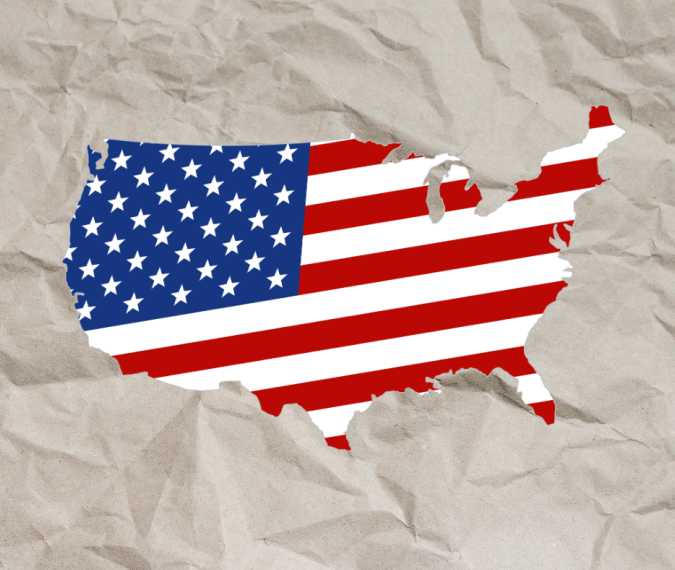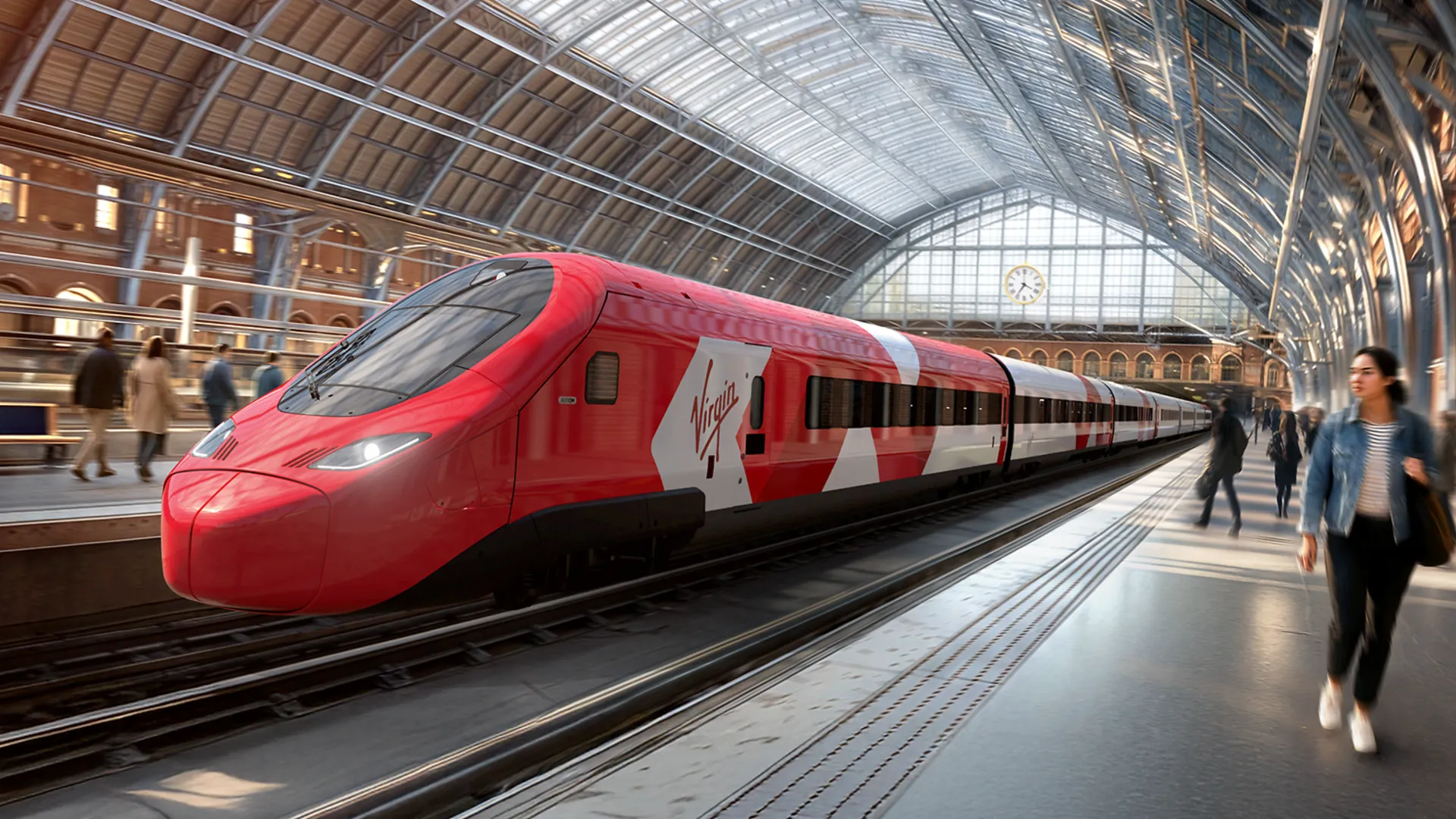
How your favourite US cities got their nicknames
The United States, with its vast geography and diverse culture, is home to cities with rich histories. Over time, many of these cities have earned distinct nicknames, some of which have fascinating origin stories. Let's embark on a journey to uncover how some of America's most beloved cities got their monikers.
Chicago – "The Windy City":
While many believe the nickname relates to Chicago's gusty Lake Michigan winds, the term was actually coined by journalists in the 19th century. They referred to Chicago politicians as full of hot air or "windy" due to their boastful claims.
New York City – "The Big Apple":
This nickname has its origins in the horse racing world. In the 1920s, NYC sports writer John Fitz Gerald overheard stable hands saying they were going to "the big apple," meaning the New York race tracks. The term was then popularized through his columns.
Boston – "Beantown":
This moniker is tied to one of the city's traditional dishes: baked beans. In colonial days, Bostonians would cook beans slowly in molasses, creating the famous Boston baked beans.
Los Angeles – "Tinseltown/City of Angels":
"Tinseltown" stems from the glittering, superficial nature of Hollywood and its film industry, while "City of Angels" is a direct translation of the city's Spanish name.
Honolulu – "The Big Pineapple":
Though not as popular as NYC's "Big Apple," this nickname draws a parallel while referencing Hawaii's once-thriving pineapple industry.
Detroit – "Motor City":
Home to the big three American automakers, Detroit earned this title for its monumental contributions to the automobile industry.
Las Vegas – "Sin City/Meadow City":
Known for its vices and nightlife, Las Vegas is fittingly called "Sin City." Contrarily, "Meadow City" refers to its Spanish translation, highlighting the region's lush meadows.
New Orleans – "The Big Easy":
This nickname captures the laid-back, easy-going vibe of the city. It's also believed to refer to the early 20th-century ease with which struggling musicians could find gigs in NOLA.
Miami – "Magic City":
As Miami rapidly grew in the early 20th century, it seemed to appear almost magically, earning it the "Magic City" moniker.
Memphis – "Bluff City":
Named for its location atop the bluffs overlooking the Mississippi River, providing it natural protection from floods.
Philadelphia – "The City of Brotherly Love":
This nickname is a direct translation of the city's name in Greek: "philos" meaning love and "adelphos" meaning brother.
Seattle – "The Emerald City":
This lush, green Pacific Northwest city is fittingly named after the precious green gem due to its vast evergreen forests.
San Francisco – "Shaky Town":
With a history of significant earthquakes, San Francisco's unstable grounds gave rise to this nickname.
Denver – "The Mile High City":
Denver's official elevation is exactly one mile, or 5,280 feet, above sea level.
Houston – "Space City":
Home to NASA's Johnson Space Center, Houston plays a pivotal role in America's space exploration.
Portland – "The City of Roses":
Due to its ideal climate for growing roses and its annual Rose Festival, Portland has long been associated with this fragrant flower.


